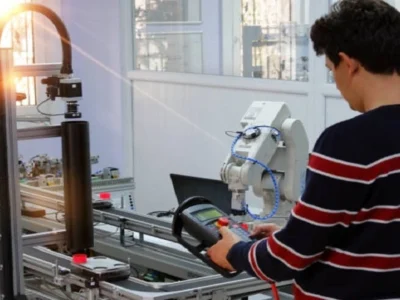Today’s rapidly changing and interconnected world brings ever-growing demands for organizations to be efficient, transparent, and adaptable. This can be especially difficult considering the ever expanding regulations and ever-shrinking budgets they are oftentimes operating under.
For many of these organizations, a contemporary case management system has become a transformative tool for their functions – reshaping operations and enabling them to achieve much more efficient and desirable outcomes. Read on to find out exactly what these systems offer and how they might be beneficial to your company or agency:
Centralized Data Management
Modern case management technology is a centralized source of data and information. It pulls everything related to a case into a singular, cohesive platform. When you’re working with a case in a discordant system – say, a system that stores information in different formats – you lose cognitive bandwidth trying to figure out which format your next bit of information will come in.
Fragmented systems are not only bad from an efficiency standpoint; they also increase the danger of erroneous outputs.
Enhanced Teamwork and Exchange of Information
Working together effectively is the cornerstone of any successful operation. Today’s case management systems take this to a new level and create greater opportunities for collaboration among team members. With a case management tech, everyone on a team has real-time access to case information.
Built-in tools for talking and texting allow for coordination among team members working in the same space or in different parts of the world. For industries like healthcare and legal services, which traditionally have had to work from behind hard-copy binders, this is a revolutionary step forward.
Automation of Routine Tasks
One of the most significant aspects of a contemporary case management system is that it automates the dull, repetitive tasks that take up so much of your staff’s time. CMS automation can take care of these mind-numbing processes for you so you can focus on tasks that are more deserving of your time and attention.
This allows you and your employees to better serve the clients and work towards your organization’s main purpose.
Scalability and Adaptability
The complexities of an organization’s operations demand solutions that can grow and adapt along with them. This is a fundamental design principle for CMS and part of what makes these systems a smart choice for public sector organizations, as they scale in size and in service demands to their constituents.
A contemporary CMS can accommodate increasing volumes of “content”, not just web pages, but all manner of digital assets and content. Additionally, modern CMS tech is also highly customizable, allowing it to be applied to all sorts of different tasks.
Using a Case Management System to Improve Your Agencies’ Operations
A modern CMS does not merely change the way an organization handles operations; it reinvents, in large part, the design of those operations. It allows for, and even necessitates, efficiencies through improved data centralization, task automation, and inter-employee collaboration.
It enhances human decision-making capability through better formatting of data and better communication of that data through the dashboard of the system itself.
Pedrovazpaulo Executive Coaching: Unlocking Potential with Its Power










Comments